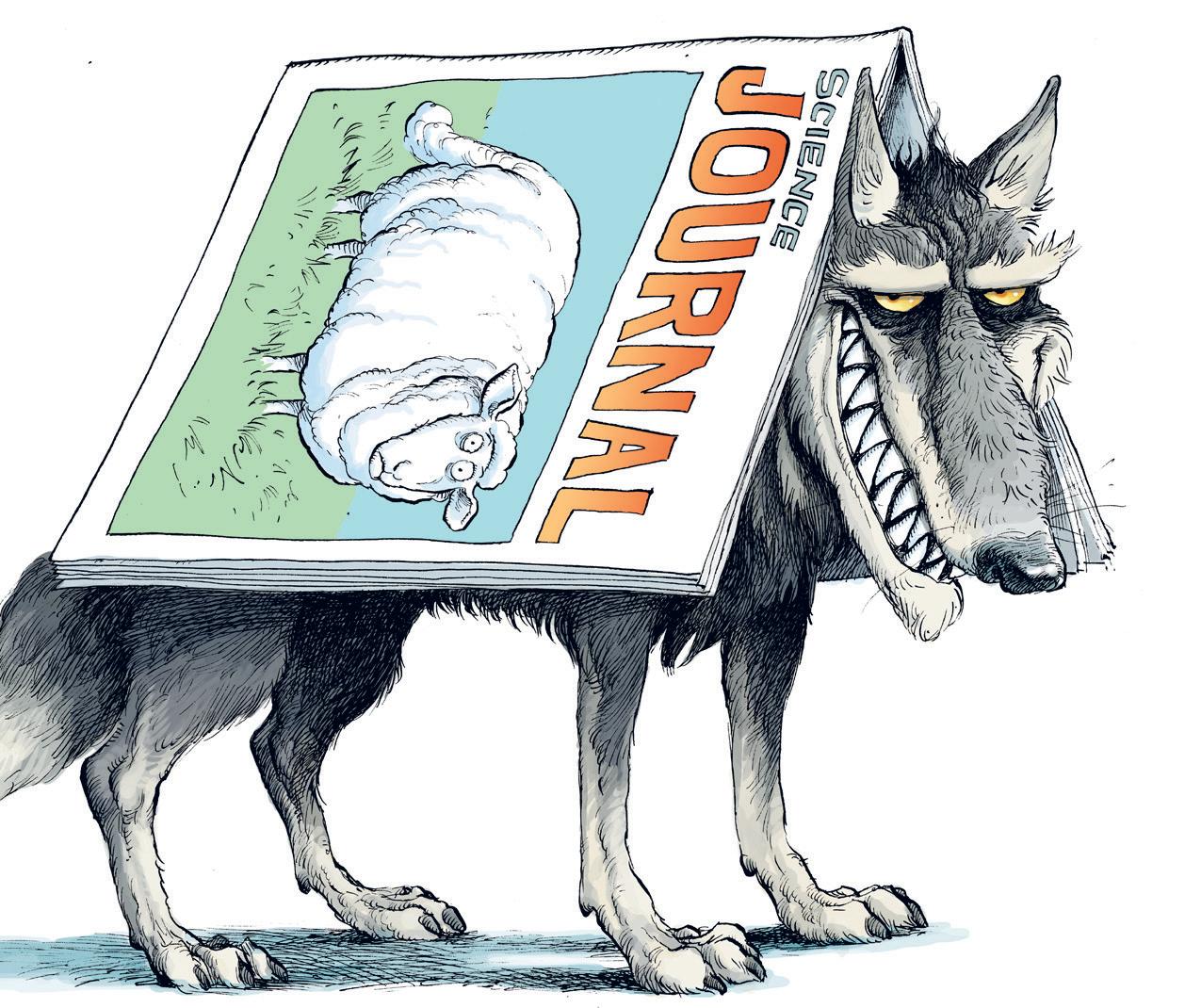
2 minute read
A research leader is like a star chef.
More funding with large programs
Number two on the list is Gunnar Köhlin, Director of Environment for Development (EfD). – The purpose of the centre is to train environmental economists in developing countries and to increase collaboration on environmental issues between researchers and politicians, so that research has a real impact on society.
Advertisement
SINCE 2019, EfD has been a separate unit at the School of Business, Economics and Law. But the organisation was started in 2007 as an international network of research centres, mainly in the Global South. – Since then, the organisation has expanded, most recently by moving parts of Gothenburg's Centre for Sustainable Development (GMV) there, says Gunnar Köhlin, Senior Lecturer in Economics.
One success factor has been that EfD is a programme where many parties work together and not just a time-limited project.
– A LARGER PROGRAMME makes it possible to create the infrastructure required to draw in greater funds. Having several people who can work with the programme for many years also provides stability. EfD also has its own research fund with funding that is sent around the world, which enables further collaborations.
The most common way to attract external funds at the University of Gothenburg is to have individual researchers apply for grants from the Swedish Research Council or Formas, for example, Gunnar Köhlin points out.
– When it comes to major programmes, for example applications to the EU or Linnésatsningarna (the Linnaeus Initiatives) a number of years ago, we have been less successful at the University of Gothenburg. We do not really have the structure that enables a more interdisciplinary organisation. Not even when it comes to the UGOT Challenges, which was the University of Gothenburg's own investment in major societal challenges, are there any specific plans for how the centres can continue to survive and be supported administratively and financially.
Although Gunnar Köhlin is responsible for EfD, he points out that he certainly does not do everything. – When I visited Nobel laureate Elinor Ostrom at her centre in Bloomington, Indiana, I realized that being a world-renowned research leader is like being a star chef at a Michelin restaurant. It is important to be involved, keep track of things and act as a mentor. But it is also important to create a social context for the team and recognize their skills. The real challenge is maintaining momentum as the team grows or changes.
EfD is primarily financed by Sida. – But many other stakeholders have also supported the organisation over the years, both at the University of Gothenburg and around the world.
Gunnar Köhlin insists that one big programme is better than several small projects.
GUNNAR KÖHLIN
Text: Eva Lundgren Photo: Johan Wingborg










